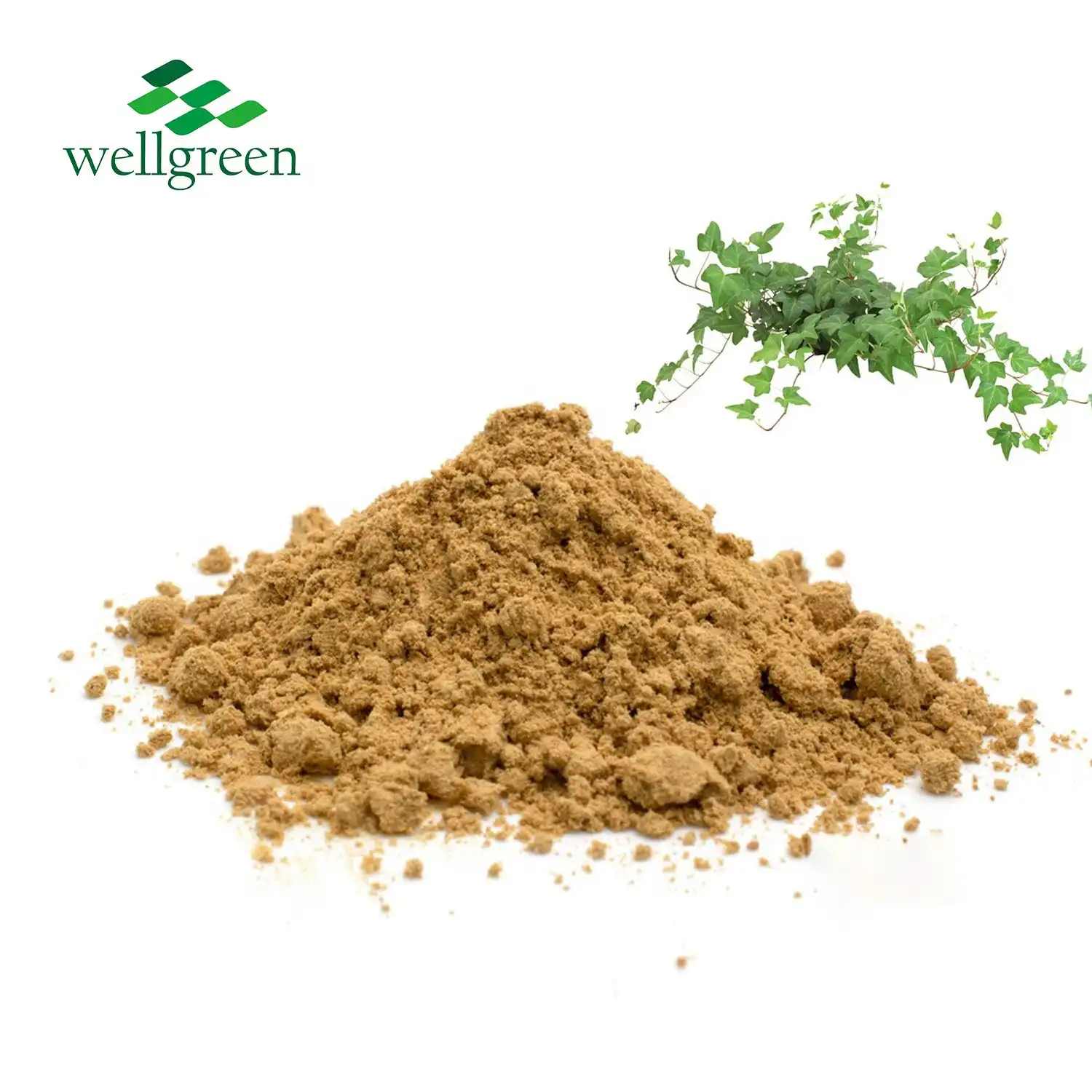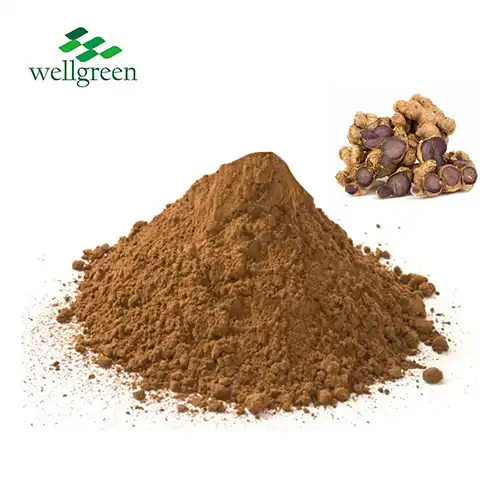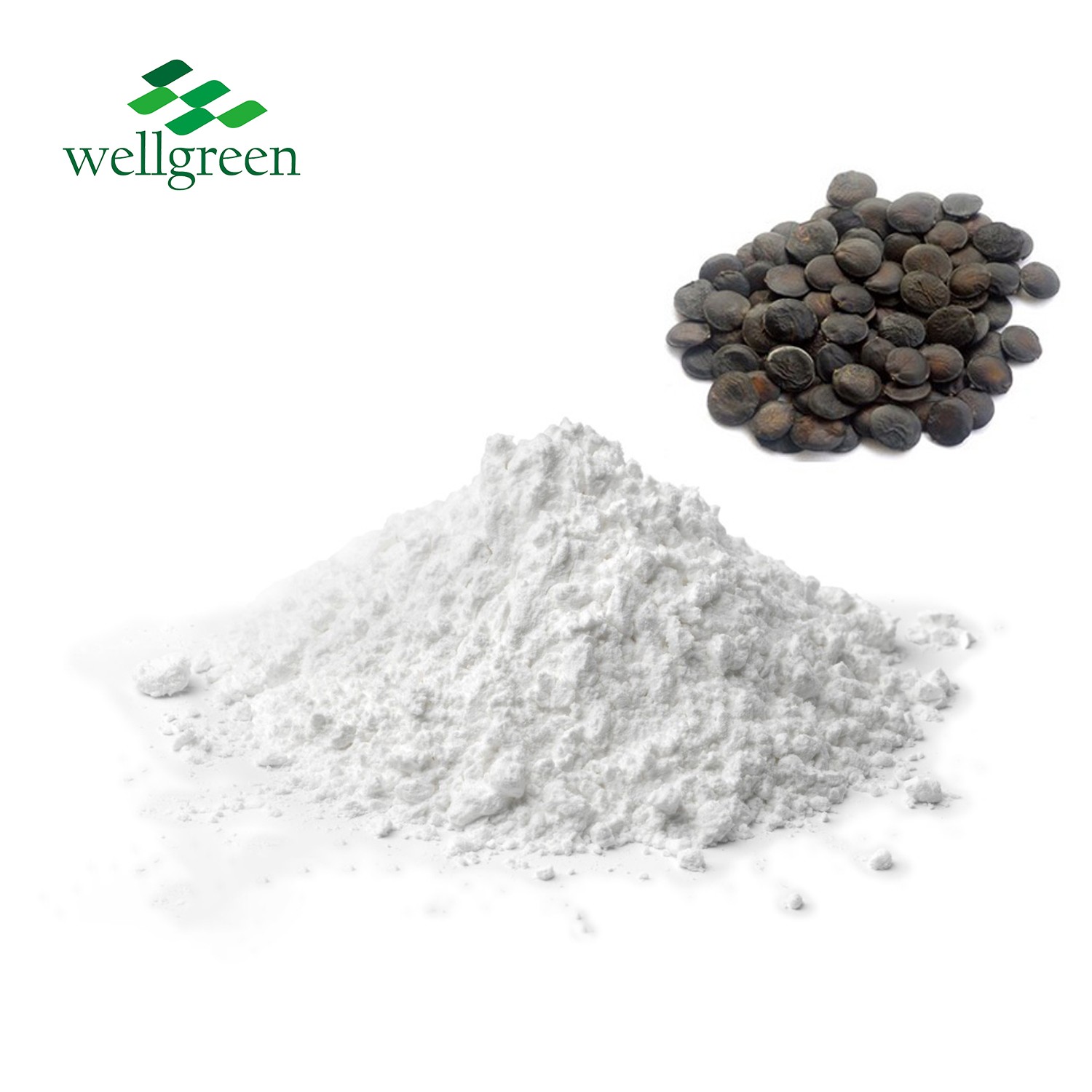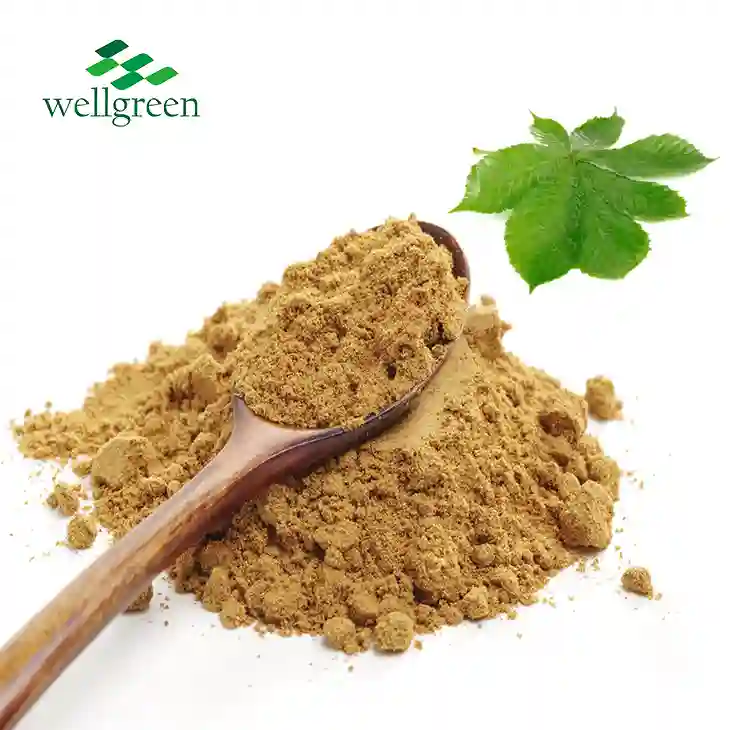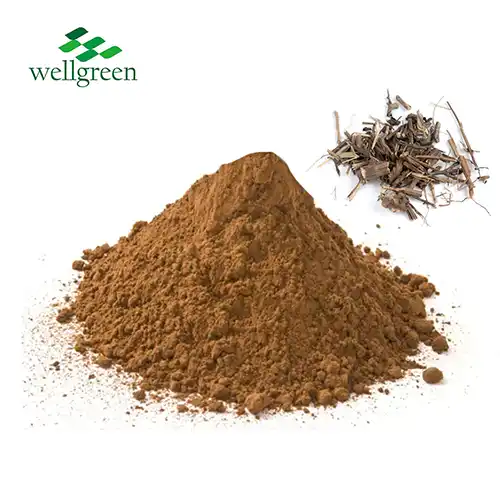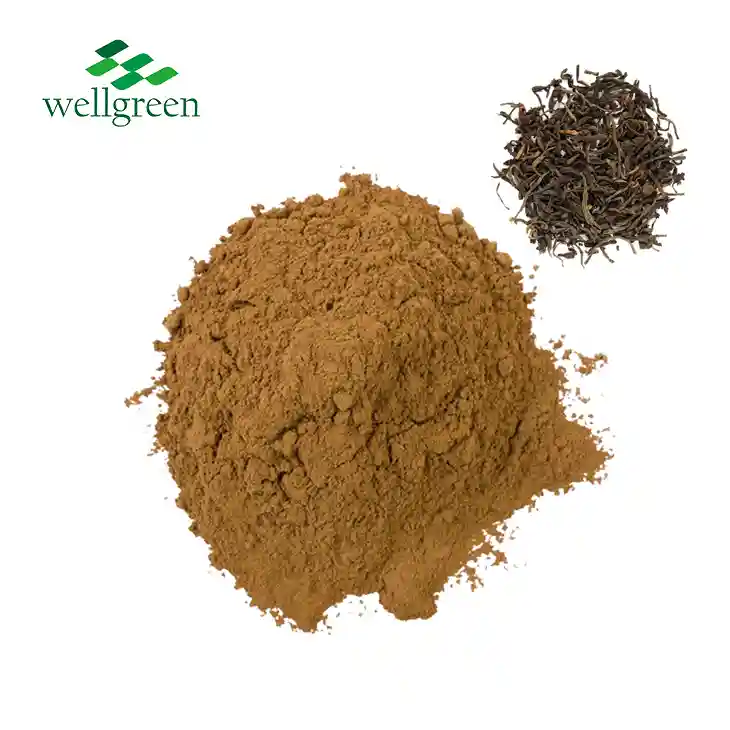Chinese Lobelia Extract: A Guide to Its Health Benefits and Uses
2024-11-19 18:50:38
Chinese Lobelia extract has been garnering attention in the health and wellness community for its potential therapeutic properties. This comprehensive guide delves into the origins, benefits, and proper usage of this intriguing herbal extract. Whether you're a health enthusiast or simply curious about natural remedies, this article will provide valuable insights into Chinese Lobelia extract.
What is Chinese Lobelia Extract? An Overview of Its Origins and Composition?
Chinese Lobelia extract is derived from the Lobelia chinensis plant, a species native to East Asia. This perennial herb has been utilized in traditional Chinese medicine for centuries, revered for its potential medicinal properties. The extract is typically obtained from the aerial parts of the plant, including leaves and stems.
The active compounds in Chinese Lobelia extract include alkaloids, particularly lobeline, which is believed to be responsible for many of its purported health benefits. Other constituents include flavonoids, terpenoids, and polysaccharides, contributing to its complex phytochemical profile.
Historically, Chinese Lobelia has been employed in folk medicine to address various ailments, ranging from respiratory issues to inflammatory conditions. Its use has persisted through generations, evolving from traditional practices to modern extraction methods that aim to concentrate its beneficial compounds.
Top Health Benefits of Chinese Lobelia Extract: Why It's Trending
Chinese Lobelia extract has piqued the interest of researchers and health enthusiasts alike due to its potential therapeutic applications. While more studies are needed to conclusively establish its efficacy, preliminary research and anecdotal evidence suggest several promising benefits:
Respiratory Support
One of the most notable potential benefits of Chinese Lobelia extract is its ability to support respiratory health. It may help alleviate symptoms associated with asthma, bronchitis, and other respiratory conditions. The extract's expectorant properties could assist in clearing mucus from the airways, potentially easing breathing difficulties.
Smoking Cessation Aid
Lobeline, a primary alkaloid in Chinese Lobelia extract, has structural similarities to nicotine. This has led to investigations into its potential as a smoking cessation aid. While results are mixed, some studies suggest it may help reduce cravings and withdrawal symptoms in individuals trying to quit smoking.
Anti-inflammatory Properties
Chinese Lobelia extract exhibits anti-inflammatory effects, which could be beneficial in managing various inflammatory conditions. This property may contribute to its potential in alleviating joint pain, reducing swelling, and supporting overall inflammatory response in the body.
Antioxidant Activity
The extract contains compounds with antioxidant properties, which may help combat oxidative stress in the body. This could potentially support cellular health and contribute to overall well-being by neutralizing harmful free radicals.
Digestive Health Support
Traditional use of Chinese Lobelia includes addressing digestive issues. While more research is needed, the extract may have potential benefits for digestive health, possibly aiding in relieving indigestion and promoting healthy digestion.
Potential Neuroprotective Effects
Emerging research suggests that Chinese Lobelia extract may have neuroprotective properties. This could potentially be beneficial in supporting cognitive function and brain health, though more studies are required to confirm these effects.
How to Use Chinese Lobelia Extract Safely and Effectively?
While Chinese Lobelia extract shows promise in various health applications, it's crucial to approach its use with caution and under professional guidance. Here are some important considerations for safe and effective use:
Dosage and Administration
The appropriate dosage of Chinese Lobelia extract can vary depending on factors such as the individual's health status, age, and the specific formulation being used. It's imperative to consult with a healthcare professional to determine the correct dosage for your needs. Typical forms of administration include capsules, tinctures, and teas.
Potential Side Effects and Precautions
Chinese Lobelia extract, while generally considered safe when used appropriately, can cause side effects in some individuals. These may include nausea, vomiting, dizziness, and rapid heartbeat. It's crucial to start with a low dose and monitor your body's response. Pregnant or breastfeeding women, individuals with heart conditions, and those on certain medications should avoid using Chinese Lobelia extract without medical supervision.
Interactions with Medications
Chinese Lobelia extract may interact with certain medications, including those for blood pressure, heart conditions, and depression. It's essential to inform your healthcare provider about all supplements and medications you're taking to avoid potential interactions.
Quality and Sourcing
To ensure safety and efficacy, it's crucial to source Chinese Lobelia extract from reputable suppliers. Look for products that have undergone third-party testing and come with clear labeling of ingredients and dosage information.
Complementary Lifestyle Factors
For optimal results, consider incorporating Chinese Lobelia extract as part of a holistic approach to health. This includes maintaining a balanced diet, regular exercise, stress management, and adequate sleep. These lifestyle factors can synergize with the potential benefits of the extract.
Monitoring and Adjusting
When incorporating Chinese Lobelia extract into your health regimen, it's important to monitor your body's response closely. Keep a journal of any changes or effects you notice, and be prepared to adjust usage as needed, always under the guidance of a healthcare professional.
Conclusion
Chinese Lobelia extract presents an intriguing option for those seeking natural health solutions. Its potential benefits span respiratory support, anti-inflammatory properties, and beyond. However, as with any herbal supplement, it's crucial to approach its use with informed caution. By understanding its origins, potential benefits, and proper usage guidelines, you can make educated decisions about incorporating Chinese Lobelia extract into your wellness routine.
Contact Us
If you're interested in exploring the potential benefits of Chinese Lobelia Extract or have any questions about our high-quality extract products, don't hesitate to reach out. Contact our team of experts at wgt@allwellcn.com for personalized assistance and information on how to incorporate this powerful herbal extract into your health regimen.
References
1. Zhang, L., et al. (2020). "Phytochemical and pharmacological properties of Lobelia chinensis Lour." Journal of Ethnopharmacology, 255, 112743.
2. Wang, Y., et al. (2018). "Traditional uses, phytochemistry, and pharmacology of Lobelia chinensis: A comprehensive review." Biomedicine & Pharmacotherapy, 108, 411-429.
3. Chen, X., et al. (2019). "Lobeline: from traditional use to pharmacological applications." Phytochemistry Reviews, 18(3), 747-767.
4. Liu, R., et al. (2021). "Antioxidant and anti-inflammatory activities of Lobelia chinensis extract in vitro and in vivo." Evidence-Based Complementary and Alternative Medicine, 2021, 6658715.
5. Subarnas, A., et al. (2017). "Lobeline, a piperidine alkaloid from Lobelia inflata, attenuates inflammation and cholinergic dysfunction in animal models of Parkinson's disease." Molecules, 22(4), 537.
6. Dwoskin, L. P., & Crooks, P. A. (2002). "A novel mechanism of action and potential use for lobeline as a treatment for psychostimulant abuse." Biochemical Pharmacology, 63(2), 89-98.

